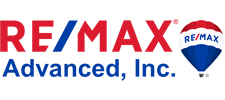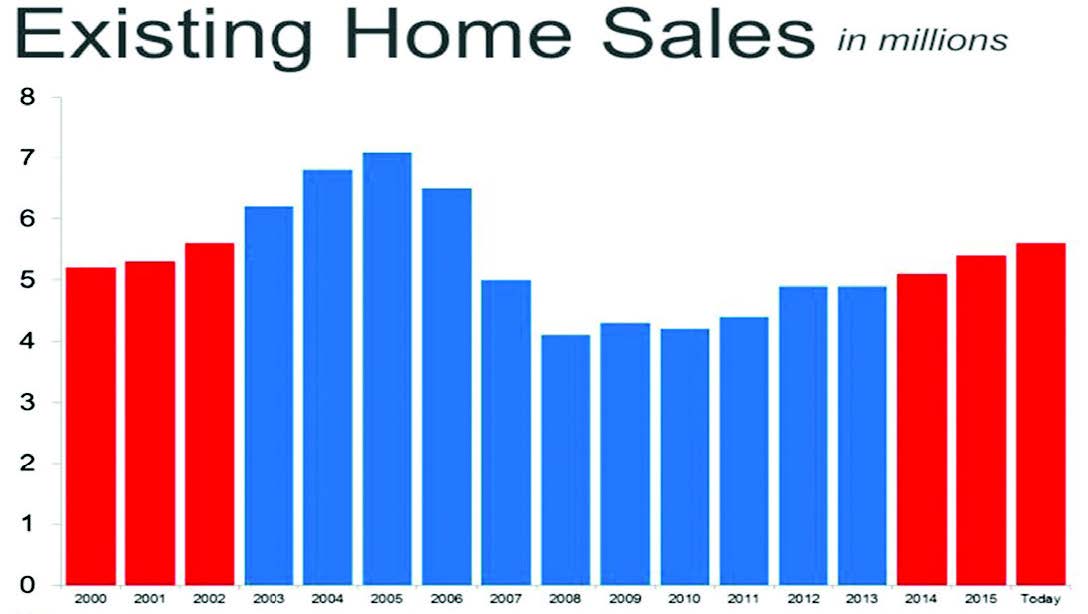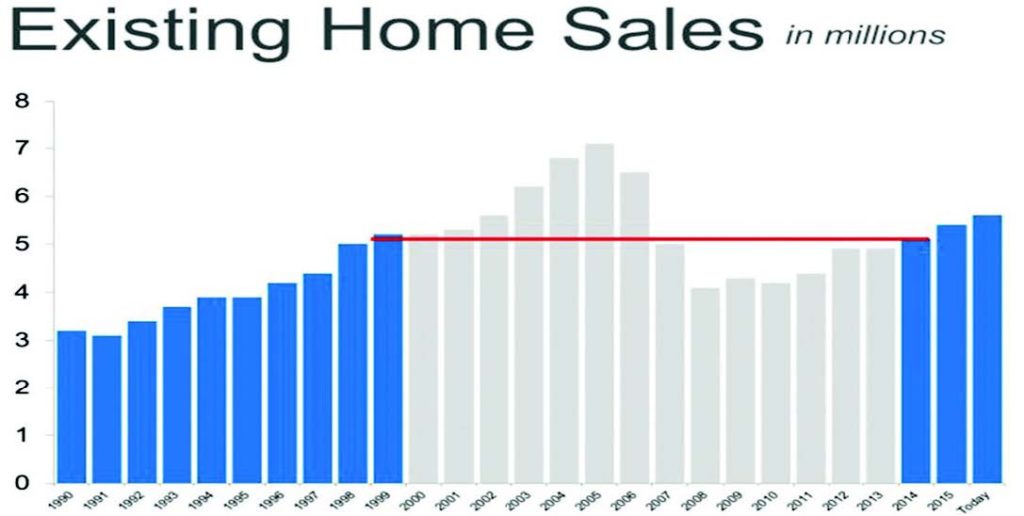 A real yard.Closets bigger than your average microwave. The freedom to decorate however you darn well please! Making the switch from renting to owning is exhilarating, but many rookie homebuyers find the process trickier to navigate than they expected.
A real yard.Closets bigger than your average microwave. The freedom to decorate however you darn well please! Making the switch from renting to owning is exhilarating, but many rookie homebuyers find the process trickier to navigate than they expected.
This is why we created our First-Time Homebuyers Checklist. The 12-month timeline will help you sidestep common mistakes, like paying too much interest or getting stuck with the wrong house. (Yep, it happens!)
12 Months Out
Check your credit score. Get a copy of your credit report. The three credit bureaus (Equifax, Experian, and TransUnion) are each required to give you a free credit report once a year. A Federal Trade Commission study found one in four Americans identified errors on their credit report, and 5% had errors that could lead to higher rates on loans. Avoid last-minute bombshells by checking your score long before you’re ready to make an offer. And work diligently to correct any mistakes.
Determine how much you can afford. Figure out how much house you can afford and want to afford. Lenders look for a total debt load of no more than 43% of your gross monthly income (called the debt-to-income ratio). This figure includes your future mortgage and any other debts, such as a car loan, student loan, revolving credit cards.
There are plenty of calculators on the web to help you determine what you can afford. if you’re pushing the limits, start reducing your debt-to-income ratio now.
Make a down payment plan. Most conventional mortgages require a 20% down payment. If you can swing it, do it. your loan costs will be much less, and you’ll get a better interest rate. If, however, you’re not quite able to save the full amount, there are many programs that can help. FHA offers loans with only a 3.5% down payment. But they require mortgage insurance premiums, which will drive up your monthly payments. The U.S. Department of Housing and Urban Development (HUD) provides a list of nonprofit homebuying programs by state. Also check with credit unions; and your employer might even have an assistance program.
As you’re planning your savings strategy, keep in mind that banks like you to “season” your money. That is, they like to see that you’ve had stable funds in your account for 60 to 90 days before applying for a loan. Don’t worry: You can still use a financial gift from a family member or bonus received near the time you buy.
9 Months Out
Prioritize what you want in your new home. What’s more important in your new home? Proximity to work? A big backyard? An open floor plan? Being on a quiet street? You’ll make a much better decision on what home to buy if you focus on your priorities. If it’s a joint decision, now is the time to work out any differences to avoid frustration and wasted time. Perhaps most important: Know what trade-offs you’re willing to make.
Research neighborhoods and start visiting open houses. The fun starts here! Use property listing sites, such as realtor.com, to find out about neighborhoods, public transport, and cost of living.
Start visiting open houses to get an idea of what kind of homes are in your price range and what neighborhoods appeal the most. Seeing potential homes will also keep you motivated to continue reducing your debts and saving for your down payment.
Budget for miscellaneous homebuying expenses. Buying a home has some miscellaneous upfront costs. A home inspection, title search, property survey, and home insurance are examples. Costs vary by locale, but expect to pay at least a few hundred dollars. If you don’t have the cash, start saving now.
Start a home maintenance account. Speaking of saving, start the good habit now of putting a little aside each month to fund maintenance, repairs, and home emergencies. It’s bad enough to have to call a plumber. it’s worse if you’re paying credit card interest on that plumbing bill.
6 Months Out
Collect your loan paperwork. Banks are very particular when it comes to mortgage loans. They demand a lot of paperwork. What they’ll want from you includes:
- W-2 Forms- or business tax return forms if you’re self-employed- for the last two to three years.
- Personal tax returns for the past two to three years.
- Your most recent pay stubs.
- Credit card and all loan statements.
- Your bank statements.
- Addresses for the past five to seven years.
- Brokerage account statements for the most recent two to four months.
- Most recent retirement account statements, such as 401(k).
If you start collecting these documents now, it’ll lessen the stress when it’s time to get your loan. Bonus: Looking closely at your loan documents each month will also help you stay focused on saving for your down payment and keeping your debt-to-income ratio low.
Research lenders and realtors. Start interviewing realtors and specifically buyers’ agents. A buyer’s agent will work in your best interest to find you the right property, negotiate with the seller’s agent, and shepherd you through the closing process. Your agent also can be instrumental in finding a lender who’s familiar with first-time home buyer programs.
Even better, look for a mortgage broker, who will shop for a competitive loan rate for you among multiple lenders, unlike a bank, which can only offer its own products.
To find a realtor, click here!
3 Months Out
Get pre-approved for your loan. At this point, if you’ve been following this timeline, your credit score,paperwork, and down payment should be on track. You’ve done your research on lenders and buyers’ agents. Now it’s time to start working with them. First you’ll need toget pre-approved for a mortgage.
Make an appointment with your lender or mortgage broker and bring all your paperwork. He’ll run a credit check on you and tell you how much of a loan you’re approved for It often makes sense to borrow less than the maximum the lender allows to you can live comfortably. Draft a budge that accounts for mortgage payments, insurance, maintenance, and everything else you have going on in your life.
Start shopping for your new home. Once you’re pre-approved, the buyer’s agent you’ve chosen will be able to target homes that meet your priorities in your price range. This way you won’t be wasting time looking at homes you can’t afford.
2 Months Out
Make an offer on a home. It usually takes at least four to six weeks to close on a home. So if you have a firm move-out date, allow enough time to deal with any hiccups that can delay closing.
Get a home inspection. One of the things you’ll want to do after an offer is accepted is have a home inspector look at the property. If the home inspector finds something that needs repair, that’s a common example of something that can delay closing.
In the Last Month
Triple-check that all your financial documents are in order and review all lending documents beforeclosing. You’re in the home stretch! If you’ve been keeping your documents up-to-date, and your down payment is in reverse, these final steps are the easiest. Reviewing the mortgage documents is probably the most difficult. Your agent can help guide you through them.
Ge insurance for your new home. Don’t forget to secure insurance before closing. You’ll need to bring proof of insurance to closing.
Do a final walk-through. Do a final walk-through of your new home, usually a day or two before closing, to make sure the home is in the shape you and the seller have agreed upon.
Get a cashier’s check or bank wire for cash needed at closing. Make sure you get an exact amount of cash needed for closing. You’ll get that number a few days before closing so you can secure a cashier’s check or arrange to have money wired. Regular checks aren’t accepted.
That’s it. Congratulations first-time homebuyers!





 nce policies are created equal. Let’s discuss the key coverage areas for your investment property.
nce policies are created equal. Let’s discuss the key coverage areas for your investment property.